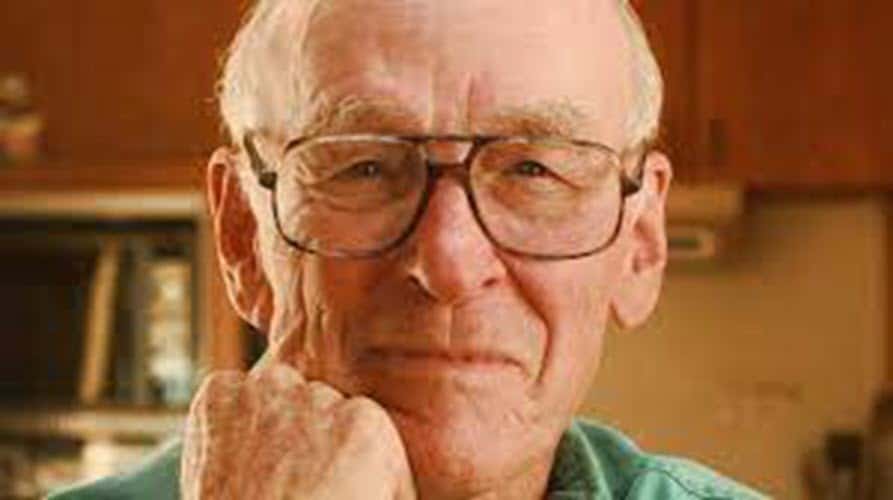Unveiling the Life and Work of Paul D. Boyer

Paul D. Boyer (31 July 1918 – 2 June 2018) was an American biochemist, analytical chemist, and professor of chemistry at the University of California Los Angeles.
Life and Career
Paul D. Boyer was born on 31 July 1918, in Provo, Utah, United States. Boyer pursued his education at Brigham Young University, where he obtained his Bachelor of Science degree in 1939. He later attended the University of Wisconsin–Madison for his graduate studies, earning a Ph.D. in Biochemistry in 1943.
Paul D. Boyer’s career was marked by significant advancements in biochemistry, particularly in the study of enzymes and ATP (adenosine triphosphate). He conducted extensive research on the synthesis and utilization of ATP, an essential molecule for energy transfer within cells.
One of his most significant achievements was the elucidation of the enzymatic mechanism called “enzyme-catalyzed phosphoryl transfer.” He proposed that ATP synthesis occurs through a rotational catalysis mechanism, and his hypothesis was later substantiated by experimental evidence. Paul D. Boyer passed away on 2 June 2018, in Los Angeles, California, United States.
Award and Legacy
In 1997, Paul D. Boyer was honored with the Nobel Prize in Chemistry for his groundbreaking work on the enzymatic mechanism of ATP synthesis. He shared the prestigious award with fellow biochemists John E. Walker and Jens C. Skou.
Boyer’s contributions to enzymology and our understanding of ATP synthesis have had a lasting impact on the field of biochemistry. His research has been instrumental in advancing knowledge of cellular energy processes and the fundamental workings of enzymes.
Throughout his life, Boyer inspired numerous scientists and students to pursue careers in biochemistry and continue exploring the complexities of enzymatic mechanisms. His work continues to be referenced and built upon in modern scientific research.
Observer Voice is the one stop site for National, International news, Sports, Editor’s Choice, Art/culture contents, Quotes and much more. We also cover historical contents. Historical contents includes World History, Indian History, and what happened today. The website also covers Entertainment across the India and World.

